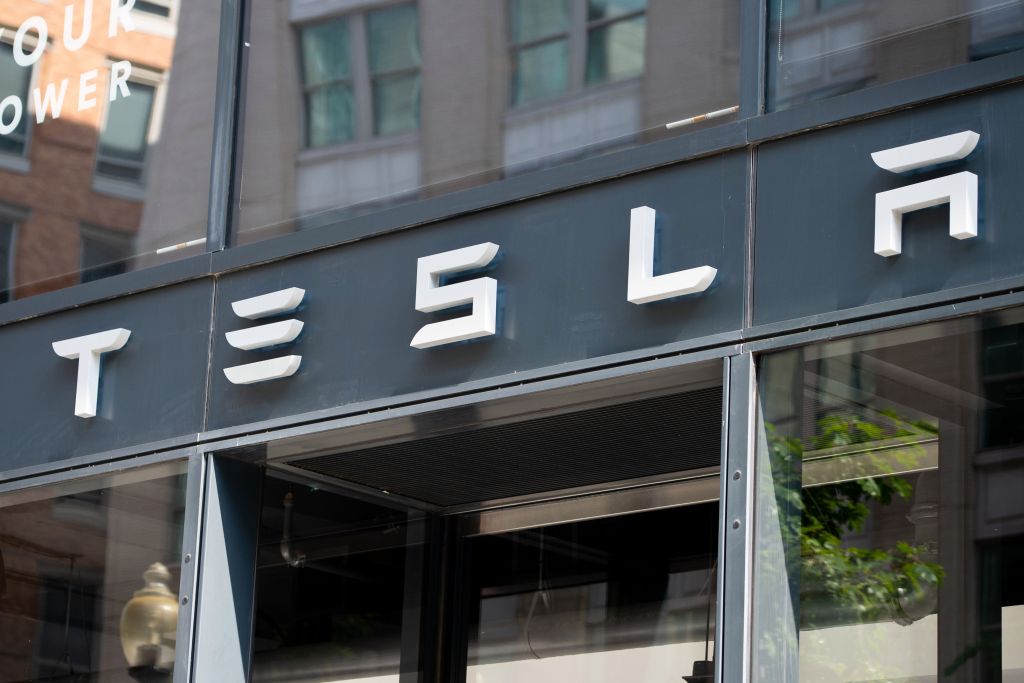Another former Tesla employee has come forward as a whistleblower, alleging that the electric carmaker hacked and wiretapped cellphones and computers of current and former employees, and also failed to report to federal authorities possible drug dealing done that allegedly took place at Tesla’s Nevada Gigafactory.
![]() The former Tesla employee, Karl Hansen, worked in the company’s internal security department and investigations division, before he was dismissed on July 16. Hansen alleges his dismissal was because he raised concerns about the wiretapping, hacking and drug dealing, and presented evidence to Tesla about the theft of $37 million worth of copper and other raw materials from the company’s Gigafactory location.
The former Tesla employee, Karl Hansen, worked in the company’s internal security department and investigations division, before he was dismissed on July 16. Hansen alleges his dismissal was because he raised concerns about the wiretapping, hacking and drug dealing, and presented evidence to Tesla about the theft of $37 million worth of copper and other raw materials from the company’s Gigafactory location.
Hansen is the second former Tesla employee to bring allegations to the Securities and Exchange Commission. Stuart Meissner, managing partner of New York-based Meissner Associates, said Thursday that Hansen’s whistleblower tip was filed with the SEC on Aug. 9, three days after Tesla filed its quarterly report with the Commission.
“What Mr. Hansen is hoping to achieve is that the SEC will investigate these events, and how Tesla handled, or didn’t handle them,” Meissner said. “He hopes the SEC will investigate these events because he believes the company has placed its investors, and the general public, at risk.”
Hansen’s allegations paint a picture of a company dealing with issues that make employee complaints about workplace safety sound rudimentary by comparison.
In his whistleblower claim, Hansen says that the company violated federal securities law by failing to disclose to Tesla shareholders issues that included:
— The company spied on Tesla employees by wiretapping and hacking their phones and computers. Hansen said in a statement that after Tesla dismissed whistleblower Martin Tripp, the company hacked into Tripp’s personal electronics, and also installed specialized router equipment at its Gigafactory in Nevada, which was “designed to capture employee cell phone communications and/or retrieve employee cell phone data.”
Hansen claims that he was told that Tesla Chief Executive Elon Musk authorized such measures, and those steps were implemented by members of Tesla’s internal investigations, security and information technology teams.
— The company failed to disclose the results of an internal investigation into large-scale dealing in cocaine, and possibly methamphetamine, at the company’s Gigafactory, in Nevada.
Hansen said that that company received a notice on May 24 from the U.S. Drug Enforcement Administration Storey County (Nevada) Sheriff’s Office Task Force alleging a Tesla employee was dealing drugs at the Gigafactory on behalf of a Mexican-based drug cartel. Hansen said that, as part of his job with Tesla’s securities and investigations teams, he corroborated the DEA’s allegations and reported his findings to Tesla.
However, Hansen said the company said it would hire “outside vendors” to investigate the allegations but never took those or any other steps.
— The company did not disclose the theft of $37 million worth of copper and other raw materials, which happened between January and June. Hansen said he was told to end his internal investigation and another Tesla employee was fired after reporting some of the thefts to law enforcement officials. Hansen said the fired employee told him he was let go for not being a “Tesla team player.”
Meissner said the firm has only filed Hansen’s whistleblower complaint with the SEC and that Hansen hasn’t filed a lawsuit against Tesla.
Tesla didn’t immediately return a request for comment from this news organization.
Hansen’s claims come less than a day after Tripp posted images on his Twitter feed claiming to show shoddy and unsafe batteries and other equipment that was used to build some Tesla Model 3 cars. By Thursday morning, Tripp had deleted his entire Twitter feed.










